Classic Literature: The Secret History (A Review)
“Beauty is Terror”: A modern classic satire on aesthetic, beauty, and morality
“Does such a thing as ‘the fatal flaw,’ that showy dark crack running down the middle of a life, exist outside of literature? I used to think it didn’t. Now I think it does. And I think that mine is this: a morbid longing for the picturesque at all costs” (Tartt 7).
Donna Tartt’s The Secret History is one of those rare modern classic books that you cannot stop thinking about, even long after you have finished reading it. It simply plagues you, consumes your every thought, and essentially leaves you staring at the wall as the entirety of the novel sinks further in. It ultimately makes you feel as though you had been part of their world as well, living through the character’s actions as if you had also taken part in them, feeling perturbed and anxious at the uncertainty of what would happen next when everything begins to descend towards utter madness.
Innocence. Corruption. Manipulation. Control. Beauty. Obsession. The definitions of these words become lost in “The Secret History” as the line between what is considered beautiful and what is considered inhumane becomes significantly blurred as Richard retells his story, but from the very beginning, we are told about someone named Bunny, and about their death. Specifically, about how others conspired against it.
Richard Papen is the very personification of obsession, a nineteen-year-old boy from California who studied ancient Greek and classic literature at a community college in his hometown, Plano. He found himself longing for more, yearning for the lifestyle he read so much about; he longed for beauty. In an attempt to escape his mundane surroundings and his home in general, he impulsively decides he wants to attend Hampden College in Vermont, New England, and this decision changes his life forever.
He asks to take Greek upon arrival since he already has profound knowledge of the language but is told the Greek professor, Julian Morrow, is very exclusive with the students he decides to take in, only allowing them to take his classes and are cut off from the rest of the school. Richard is perplexed by this until he encounters a group of five students at Hampden, all dressed in sumptuous lavish clothing. Richard finds himself helplessly enamored, and from this point forward, he is set on entering this class.
Although it took some time and a whole lot of practical begging, Julian accepts Richard to be his pupil, seeing how devoted he is to taking the class. He is then introduced into the class, consisting of Francis Abernathy, Henry Winter, twins Charles and Camilla Macaulay, and Edmund “Bunny” Corcoran. Richard is quick to learn that although he’s been accepted, he continues to be wildly out of place with the rest of the group, being different both intellectually and by the fact he comes from a middle-class background, having little to no money (or so he leads us to believe). It isn’t until sometime later when they invite him to a friendly gathering that they finally click as a group.
From here we are witness to the kind of people they all are, how utterly unhinged and mildly deranged they tended to be, as well as how Julian encouraged their behavior, and had them at his feet with his charismatic words and charm. Bunny is the loudest of the set, stating his opinions loudly and with no shame, and is under the disguise of having money although everyone knows he is penniless. He often takes advantage of the other’s money instead, showing minimal gratitude towards the things Henry buys him, whether it be food or clothing.
Henry, although calm and reserved, is not who he makes himself seem to the group. He constantly manipulates the others to fall into his well-thought-out plans, unbeknownst to them that he is the mastermind behind all the perfectly thought outcomes. This is how he was able to convince Camilla, Francis, and Charles to perform an event of spiritual awakening influenced by Julian’s teachings. “‘It’s a very Greek idea, and a very profound one. Beauty is terror. Whatever we call beautiful, we quiver before it. And what could be more terrifying and beautiful to souls like the Greeks or our own, than to lose control completely? To throw off the chains of being for an instant, to shatter the accident of our mortal selves’” (Tartt 42).
It is revealed that they became manic during this awakening, feeling as if they were out of their bodies, leading to the accidental murder of a farmer. They believed they had successfully gotten away with this and decided to keep it a secret from Bunny, whom they had originally thought to include but decided against it after questioning his dedication, and kept it from Richard. However, their well-hidden secret was discovered by Bunny on a trip to Italy with Henry. Richard becomes suspicious of the group due to their odd behavior, and finally, Henry confesses once Richard starts pressing on for details. Richard, much to our surprise, does not care.
Richard has reached a level of idolization where he does not find their actions disturbing in the slightest, he does not even react the way a normal person would. “‘It doesn’t matter.’ I said this without thinking, but as soon as I had, I realized, with something of a jolt, that it was true; it really didn’t matter that much, as least not in the preconceived way that one would expect” (Tartt 173). He simply accepts that it has happened and although a bit reluctantly, joins the group in their decision on what to do next: murder Bunny.
Unlike Richard, Bunny has the opposite reaction to finding out about the situation involving the farmer, finding it absolutely barbaric and he threatens to tell the authorities about it. The Greek class is then subject to Bunny’s consistent blackmail, making loud remarks about the incident in public and going as far as teasing them.
Bunny’s murder is a quick one, with Henry pushing him off of a cliff in the woods near the college campus during one of Bunny’s strolls. Thinking this was the end of it, they resided out of the woods and headed back to campus as if nothing had happened.
None of the members of the Greek class remain the same after this, even when they once again manage to not get caught by either the FBI or the local police. They begin to drift apart as their guilt and paranoia consume them. All except for Henry grow fully conscious of their actions and unlike in their books and studies, they live in terror. Charles is so consumed by paranoia that he believes Henry would hurt him the same way he did Bunny, until finally, the book finally reaches the point of no return; the paranoia that led to Henry’s death.
Richard is the only one to resume his studies and graduate from Hampden College. Francis enters a loveless marriage he can’t escape from. Charles and Camilla hardly ever speak anymore, each going their separate ways. And Henry remains to be a foggy dream in the deep residences of Richard’s memory.
As for Julian? Upon understanding how it was that Bunny died, he flees and is never seen again.
And that’s that.
“‘And if beauty is terror,’ said Julian, ‘then what is desire? We think we have many desires, but in fact we have only one. What is it?’
‘To live,’ said Camilla.
‘To live forever,’” (Tartt 39).
Beauty is terror. We hear this again and again, seeing just how it applies to every character, but mostly how it has a different meaning at different points of the book. Julian is a man who easily gains the trust of his pupils with his intellect, even when they are all hyper-aware he embodies a manipulative desire, they can’t help but be hopelessly devoted to their studies with him. It took Julian leaving them abandoned for reality to finally start setting in.
This is their terror. They experience unexpected guilt and constant mental torment for their actions, for what they have done is in fact real. It is not pleasurable and they realize the romanization of their studies had been taken too far, so far in fact that their lives would never return to be the same as they had been before.
Although, accuracy might be more terrifying than this. At the beginning of the book, Richard mentions how he is very good at lying on his feet, labeling him as a compulsive liar and an otherwise unreliable narrator, the reader only receiving the romanticized version of the story. This is the reason why we never truly know who Camilla’s true self is, due to his infatuation with her, as well as the fact Richard purposefully hides details away in order to make himself seem more innocent in the situation. In the grand scheme of things, we are to take everything Richard says with a grain of salt. In fact, he himself can’t remember certain details, from just how foggy his memories seem to be due to his state of consciousness during the moment, and this is what terrifies the reader. The uncertainty of all outcomes and actions, nothing set in stone.
“The Secret History” ends with Richard alone. Just as alone as he had been in the beginning before going to Hampden, before meeting the Greek class. He continues to be obsessive, but now his obsession lies with the memories he can’t seem to escape.
“There is a recurrent scene from those dinners that surfaces again and again, like an obsessive undercurrent in a dream. Julian, at the head of the long table, rises to his feet and lifts his wineglass. ‘Live forever,’ he says… and the rest of us rise too… ‘Live forever,’ we chorus, throwing our glasses back in unison. And always, always, that same toast.
Live forever,” (Tartt 91).



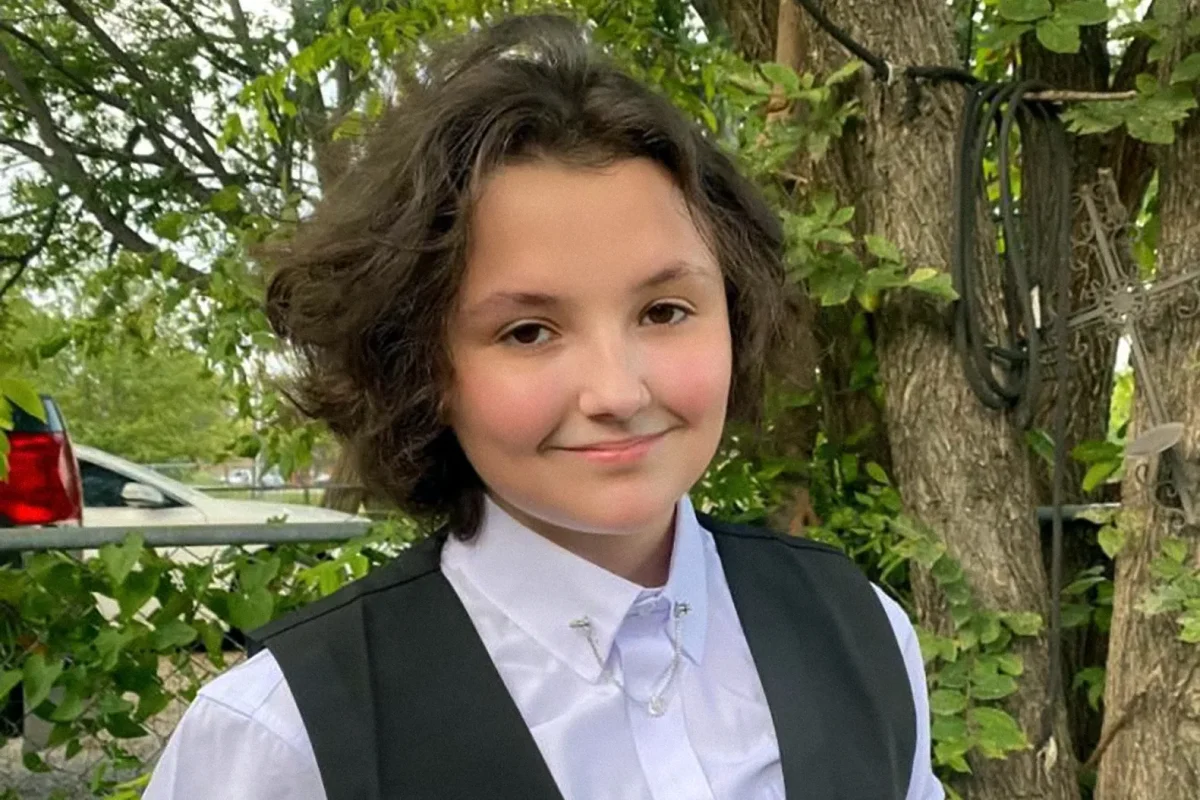


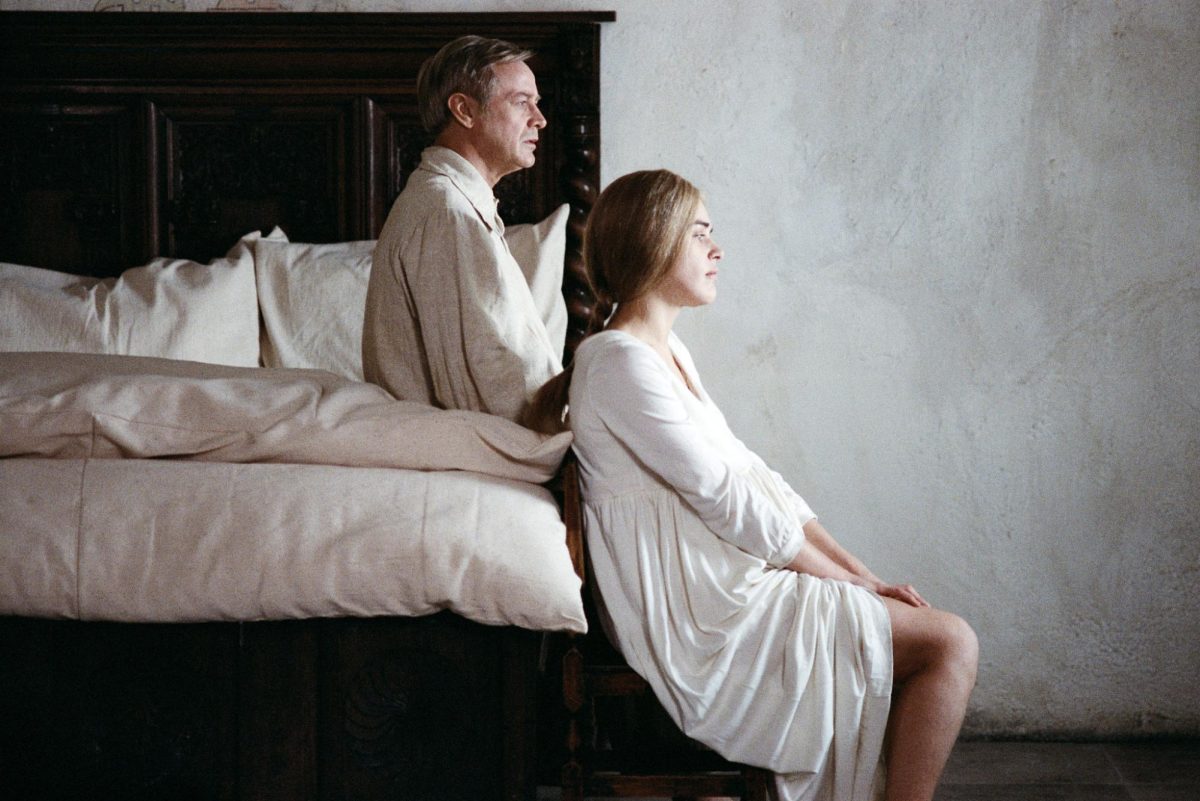

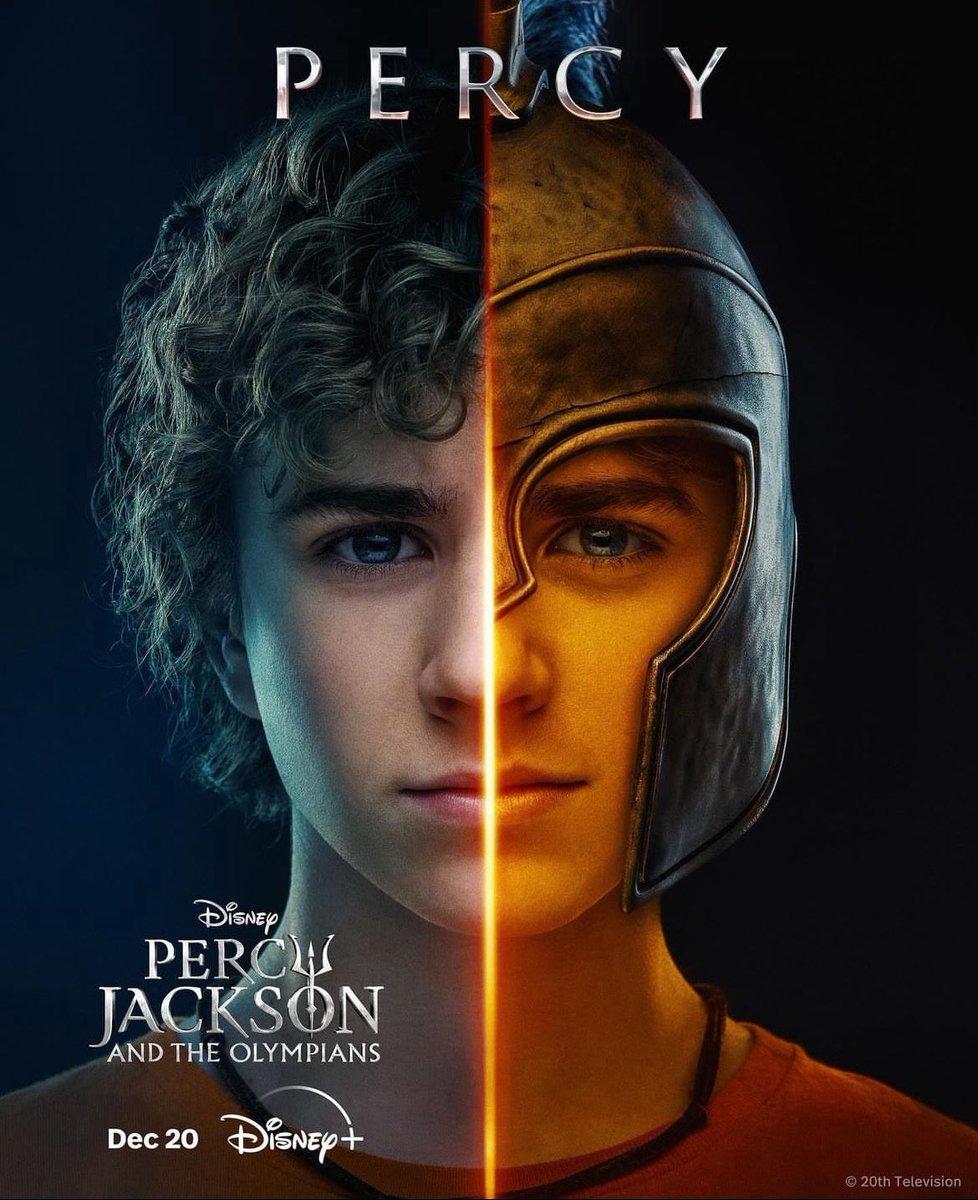
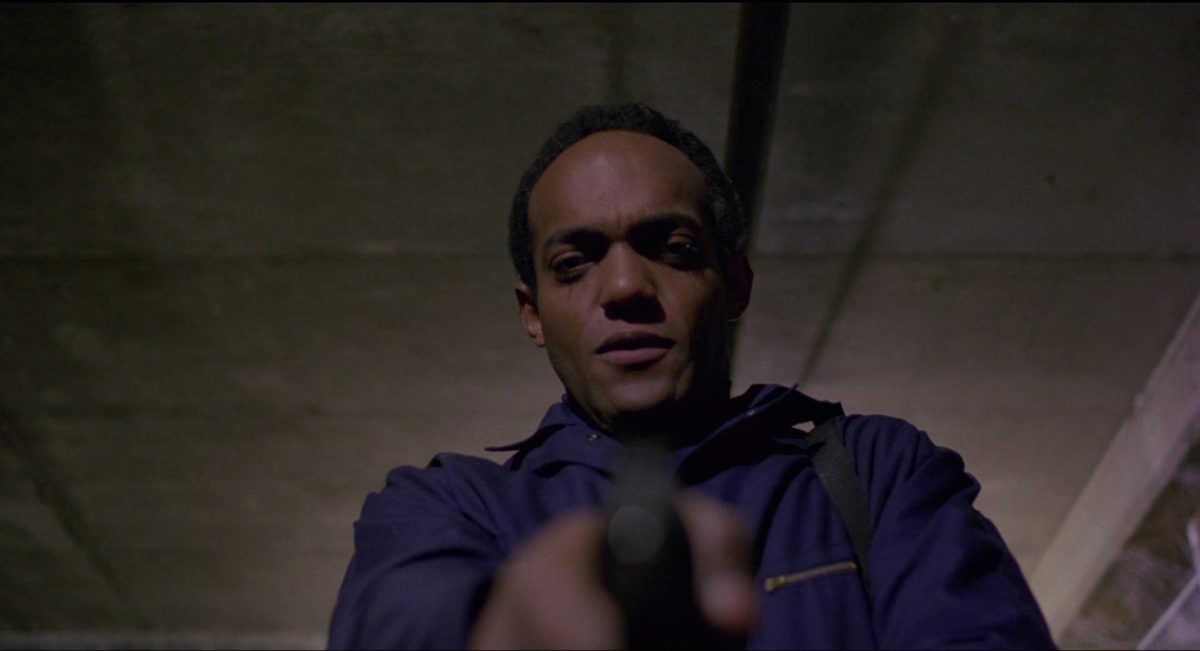














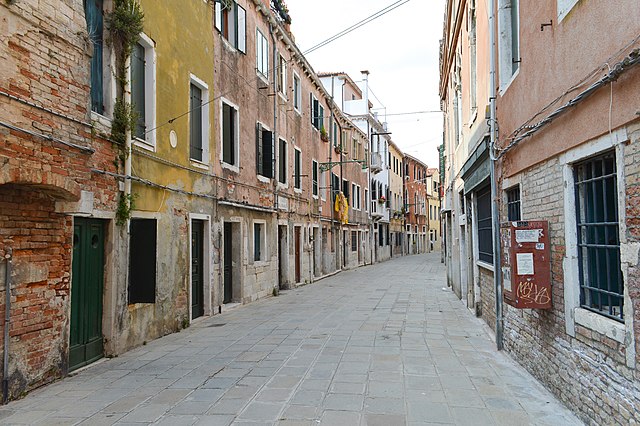
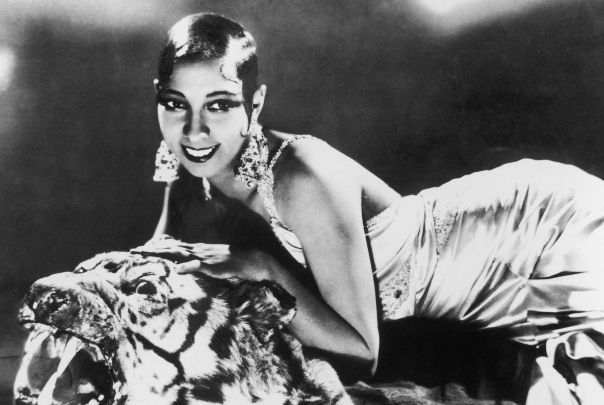


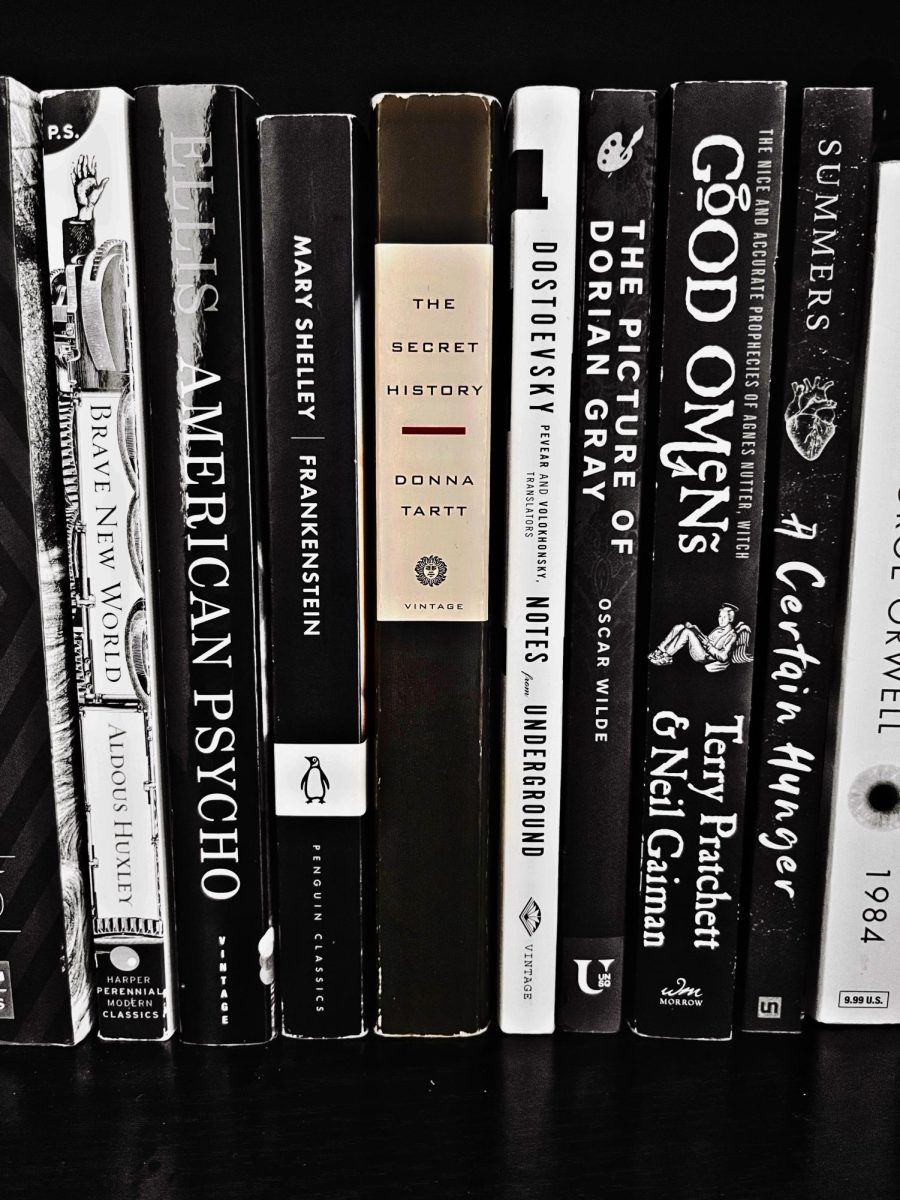

Deborah • Jan 21, 2024 at 4:33 pm
I really enjoyed that book and wish I could read it again for the first time. Part of what made it great was that I didn’t know what was going to happen so I hope the same for every new reader.